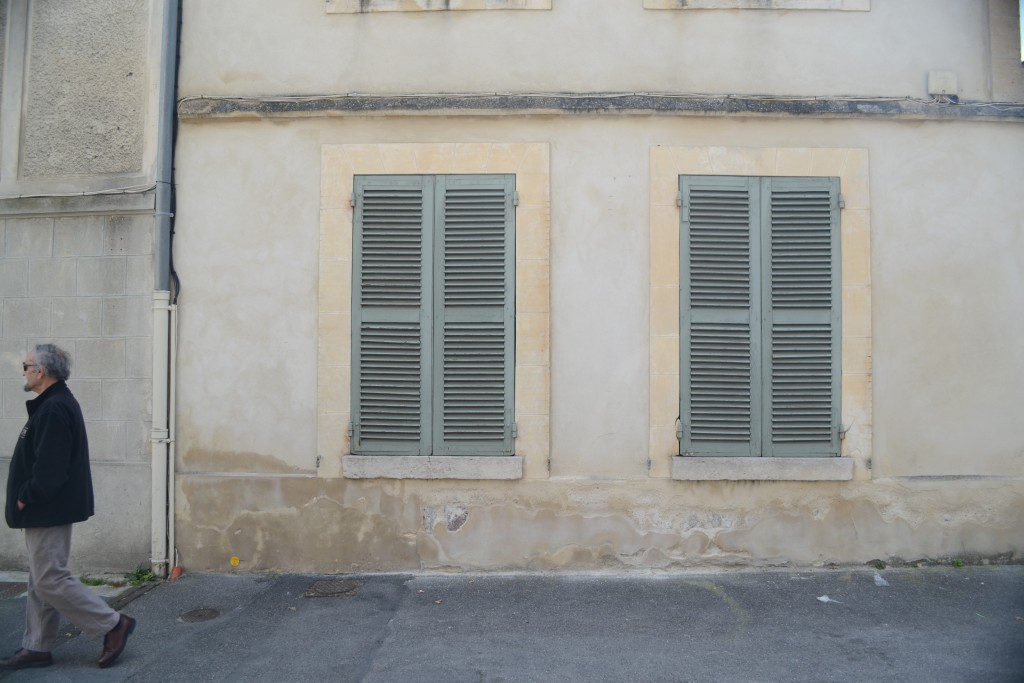
I haven’t written here in a long time, over a year, in fact, mainly because of three things: adjusting to a new job teaching writing at a local university (a place I love); a part-time job from hell that lasted seven months (about five months too long); and working on writing my first book.
I’m back, not only because I’m ready to write here again, but also because I can’t let 2016 end without acknowledging one of the most beautiful things I have seen this year—in fact, in all my life.
It was back in January, a gesture between two brothers that was as deeply touching as it was subtle. The brothers are twins; the older of the two is my father. It was Eastern Orthodox Christmas in Pittsburgh and at the time they were 83 years old. They turned 84 last month.
My father and my uncle are as close as everyone always says, but rarely understands, twins are. Both started college immediately upon graduating from high school, and after attending a community college their first year while working at their father’s—my grandfather’s—auto mechanic shop on weekends, they transferred to Pitt, where they both earned engineering degrees. Both brothers were called up by the Air Force within months of starting their first jobs out of college.
It was the time of NATO. My uncle traveled worlds west to Japan, my father in the opposite direction to France. When he returned to civilian life, my father also returned to being an engineer, first with General Motors, then with NASA, where he worked for nearly 30 years before retiring at the tender age of 57. He was a consultant for one or two years after that, then fully retired, devoting his time to his love of wine and winemaking, then to the farm he and my mother bought in the 90s.
My uncle eventually moved from engineering to education, which culminated in teaching high-schoolers information technology and multimedia production. He retired a couple of years ago, at the age of 81. Imagine an eighty-one-year-old teaching your kid how to edit digital video shot on an iPhone. This is how hip my uncle is. He has sent me a birthday card almost every year of my life.
These two men, these twins, are at the top of the list of the smartest people I have ever known. They call each other “Snif,” a nickname inspired by a “Tarzan” movie they saw in the theater as kids. They are identical, although my father is slightly stockier. I have vivid memories of their eight-by-ten college senior portraits hanging on the wall of my grandparents’ living room, so exquisitely rendered in tones of grey and beige, the edges softened, their cheeks tinted rose, looking more like watercolors than photographs.
Back in January 2016, when I traveled to Cleveland to spend the New Year with my father and brothers, we took a side trip to Pittsburgh to celebrate Orthodox Christmas. My father and I took mostly back roads all 120 miles to my uncle’s house, which used to be my grandparents’ house too. The last time I had been there was on a day-long business trip in the early 2000s that took me into Rochester, down the Ohio River a few miles from the former steel town where my uncle lives.
As I drove north out of Pittsburgh International Airport to Rochester, I could sense that I was getting close to the river, the way some sense the ocean is near by a change in the air. Soon, my rental car hit one of the dozens of grated bridges up and down the Ohio River as far as you can see in both directions. The tires buzzed like a small prop plane and I could see the water below through the bridge.
On the other side, there it was—“The Boulevard,” as everyone who lives there calls it, or used to call it when I was young, where my grandmother and my mother shopped at the Kaufman’s and JC Penney and the fabric store; the miles and miles of rail yards; the hills that led up to other hills that led up to still others, the foothills of the Appalachian Mountains. The roads atop them, mostly two-lane highways, are asphalt ribbons, stretching up and down and round and round. It is not terrain for the motion sick, as my sister-in-law discovered her first time there with my oldest brother.
As we drove into town for Orthodox Christmas 2016, my father negotiated the roller-coaster roads of rural southwestern Pennsylvania as deftly as he handled the roads when we traveled together in France for three weeks in 2015. “So your father…eighty-three…how does he do?” say some people when I tell them about it. And I respond that he wouldn’t let me drive anywhere in France, he knew the place like the back of his hand, he got us everywhere safely and in style, that his brain is sharper than mine, he out-walked me, and he is handsome. Everyone mistakes him for fifteen years younger than he really is. I am glad that I take after him, in many ways.
My uncle is handsome too, but he looks a little tired when we arrive at his house. His complexion is wan and he wears a bathrobe and a knit cap much of the time that we are chilling in the front room, where the TV is. In all fairness, not too far off from what I look like when I’m chilling at home on a day off.
My uncle is active as always, as evidenced by his whiteboard wish-list on the kitchen wall, full of the names of all the restaurants he wants to go to, and rows and rows of colorful Post-Its covering two kitchen cabinet doors. They are a work of art, the manifestation of a mind and dreams at work. There are gourmet spices on the kitchen counter, imported pastas and hi-tech cookware on the professional-grade metal rack in the dining room, and a selection of Eastern European beers I’d never tried in the brand-new stainless steel refrigerator around the corner where my grandmother’s china cupboard used to be. Every room in the house, excepting the living room and TV room, is stacked with file boxes from “Costco’s,” as my uncle says in his Pittsburgh accent, the kind that come four to a pack that you have to put together. It occurs to me later that his very ordered and practical self may be already packing up the house.
Beyond the boxes, the house is a museum to the time that my brothers and I were little kids, rolling up and down the grassy hills in our good clothes, climbing up and down the fruit trees planted out back, throwing not-yet-ripe grapes from the arbors at cars whizzing by on the road out front. The house is covered in cream-colored aluminum siding, but the breezeway and garage are the same grey-blue cedar siding the whole house was covered in when I was a little girl. It feels waxy to the touch, but there is always the danger of getting a sliver.
Inside, all of the furniture is still the same: the formal couch on spindly wooden legs that my grandmother used to keep covered in plastic; the dining room table and chairs, in the same place as when I was a child; the old buffet. The cuckoo clock still hangs on the wall but is still and silent. I imagined the blue-green vinyl covering the basement steps still holding some of the molecules that my nine-year-old Red-Ball-Jet-sneakered feet had ground into them. It stood in tribute to a different era, to relatives who’ve been long gone whom I still love. I almost hated to use my devices there.
When my uncle emerged from the bedroom in his Rusyn costume for our Saturday-night celebration of Orthodox Christmas, his complexion was bright. The party, which started out in the 80s with a few of us sitting around the dining room table eating raw garlic and drinking honey, had grown to 100 guests that night. Most of them were Slovak, and I was related to them. My father and uncle were the happy emcees. They drank vodka. Younger family members kept plunking their young children onto their laps and taking pictures on their smartphones. My two oldest brothers were there. I met two cousins that up to that moment I had only had social media relationships with. The food was wonderful. We were the last to leave. My uncle drove us all back to his house in his new van, retracing our steps along the Ohio River on The Boulevard, where the steel mills used to belch bright orange flames into the night sky.
The next morning we all took turns getting out of bed. My uncle, in his robe and knit cap, stumbled into the kitchen and made some coffee. He came into the dining room where it meets the living room and just stood there, his hands deep in his pockets, waking up.
“Good morning,” I said from the couch.
“Good morning,” he said back, and just then my father emerged from a back bedroom.
“Good morning, Snif,” he said, and kissed my uncle on the cheek. My uncle kissed him back.
Two men who are twin brothers who are now older than both their parents were when they passed. Who lost their baby brother in early October to cancer. Who have a seen a lot in their 84 years, all the while sustaining a deep, abiding, and impressive friendship and respect for each other. The kiss was, still is, and will always be one of the sweetest things I have ever seen in my life.
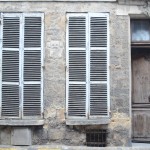
In January 2017 I will again be traveling to Pittsburgh for Eastern Orthodox Christmas, which takes place on the 7th. The photo above is of my father in Laon, France, where he was stationed in the U.S. Air Force, during our trip there together in 2015.

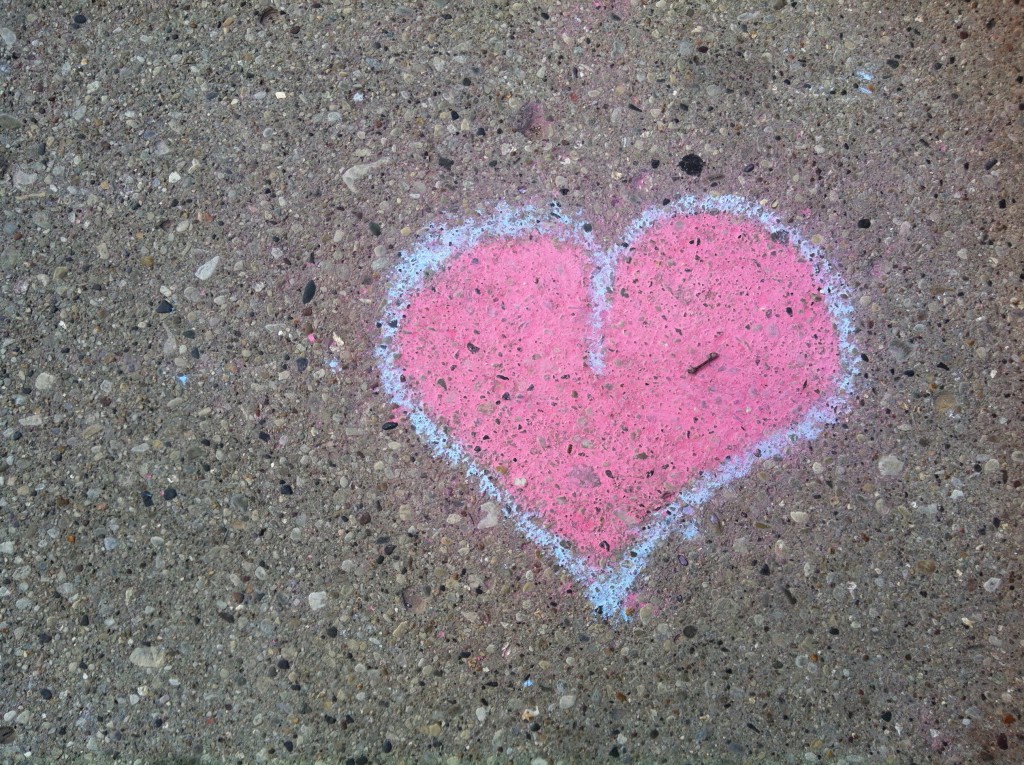
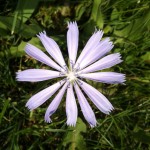
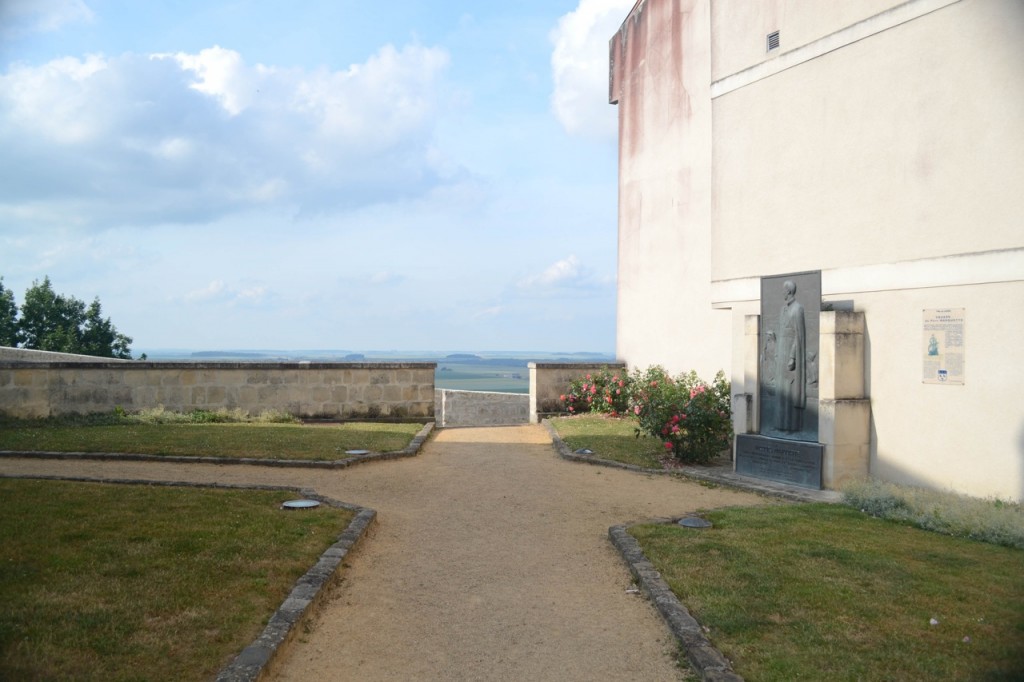
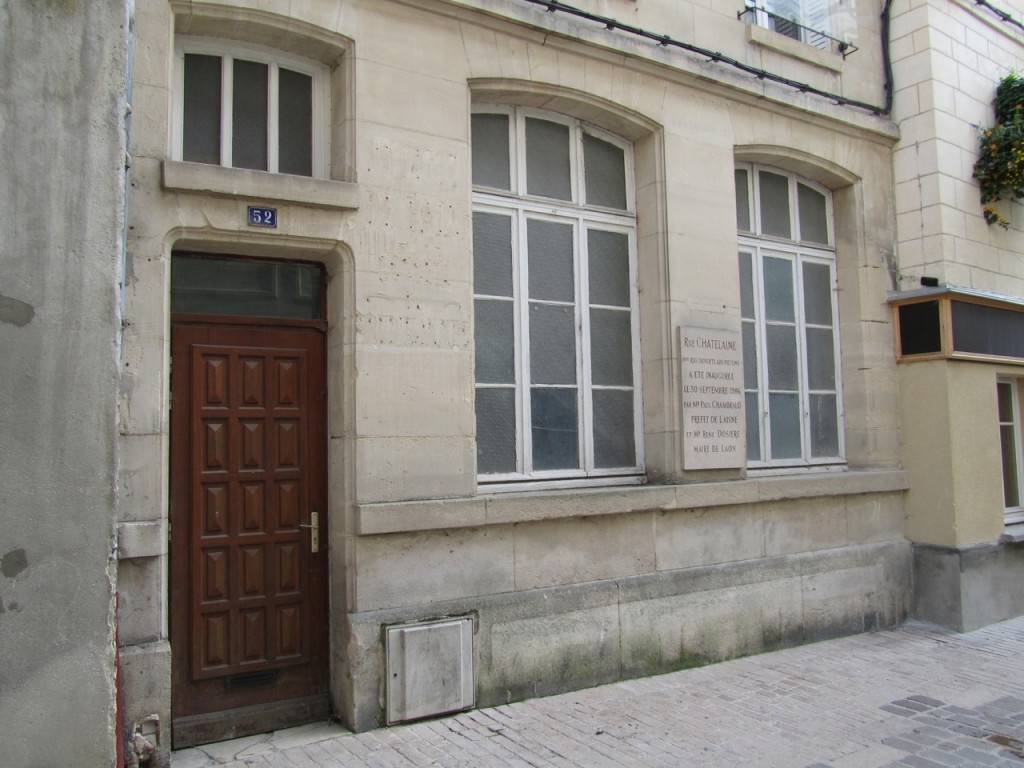




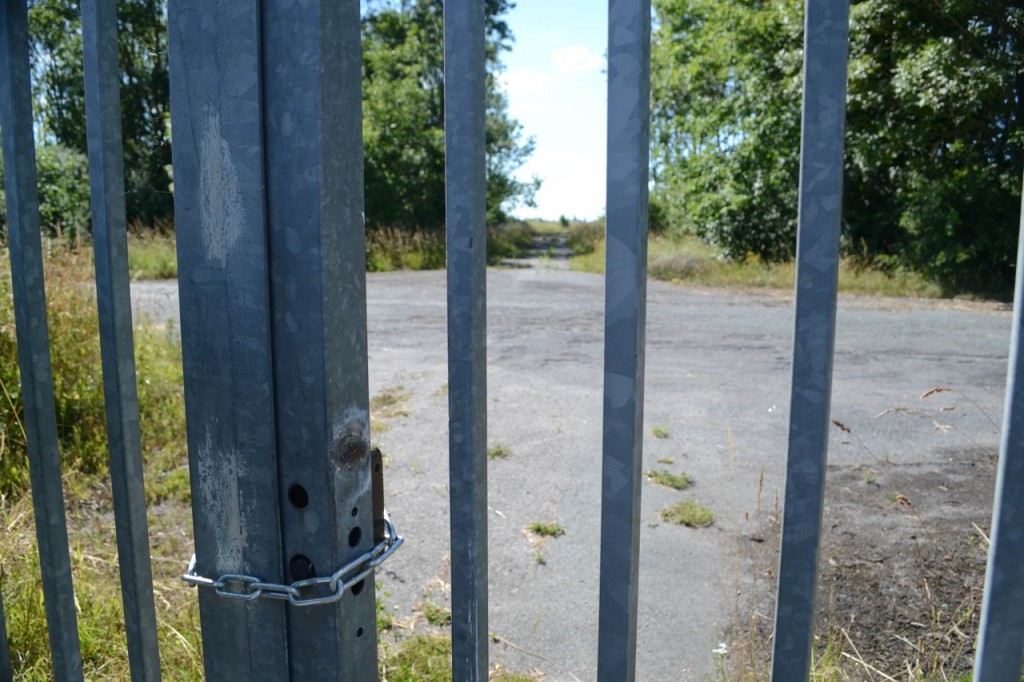
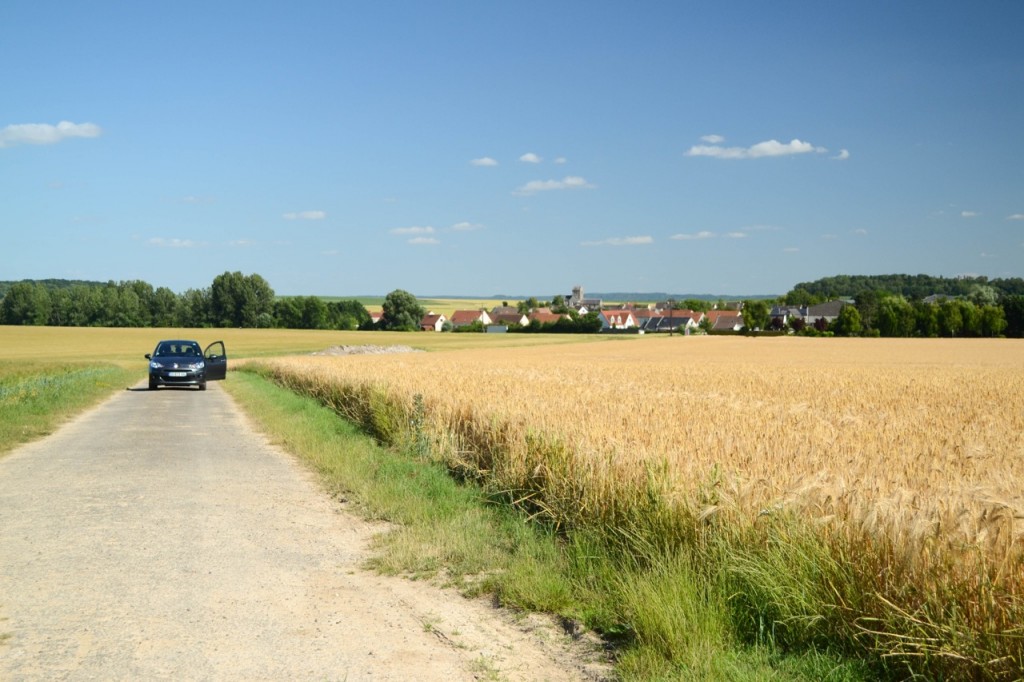
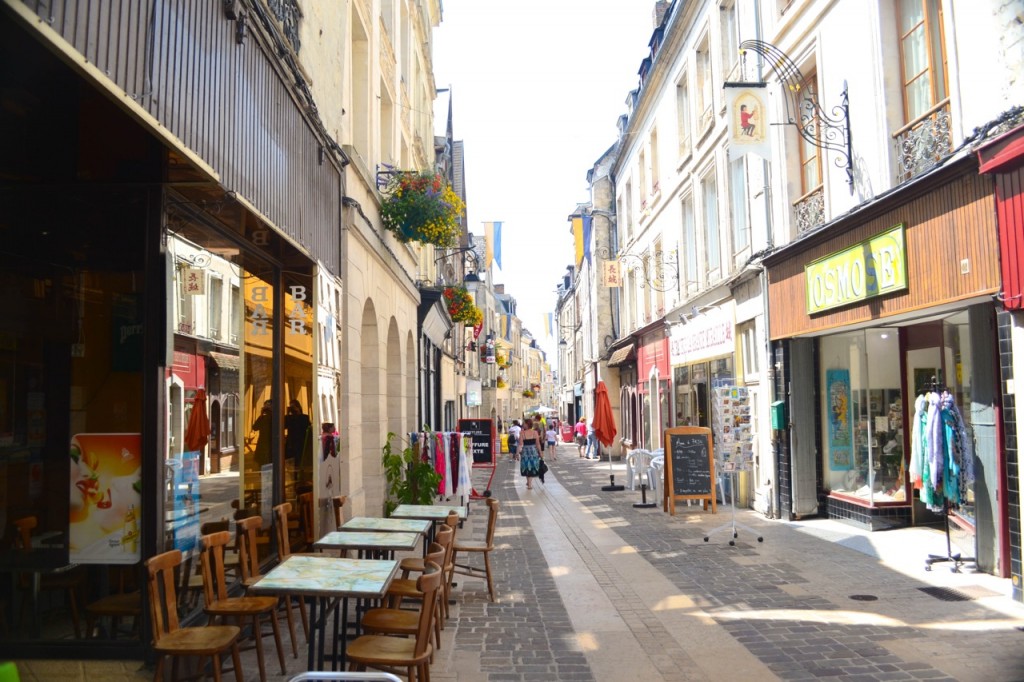

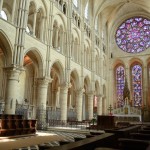
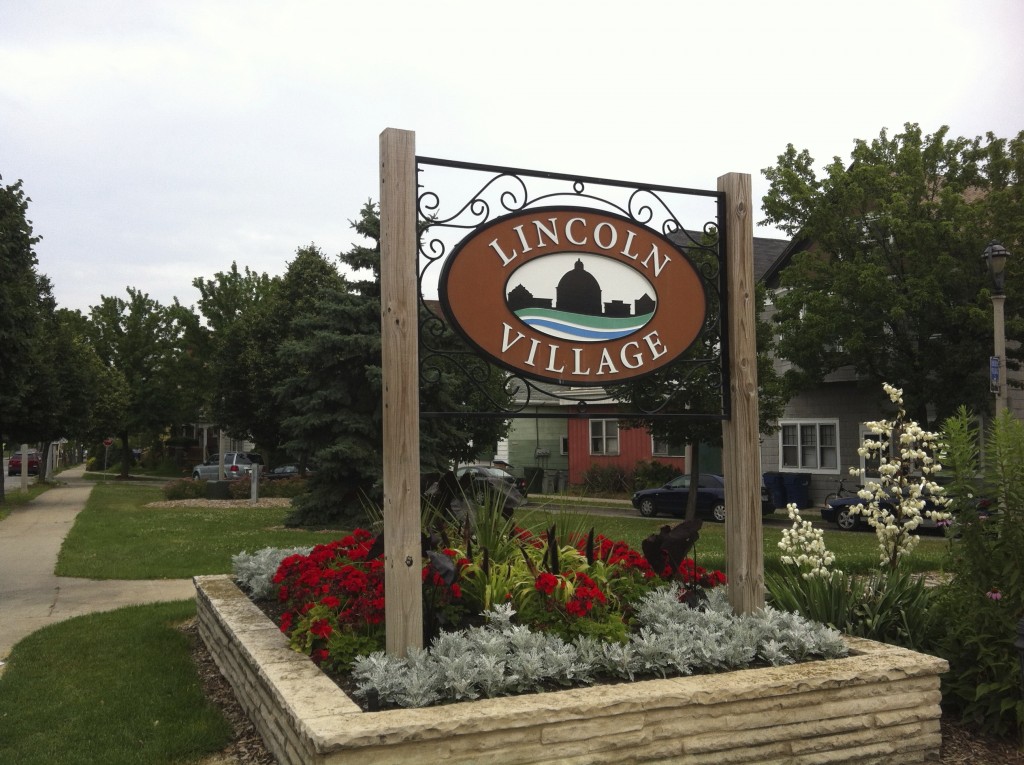
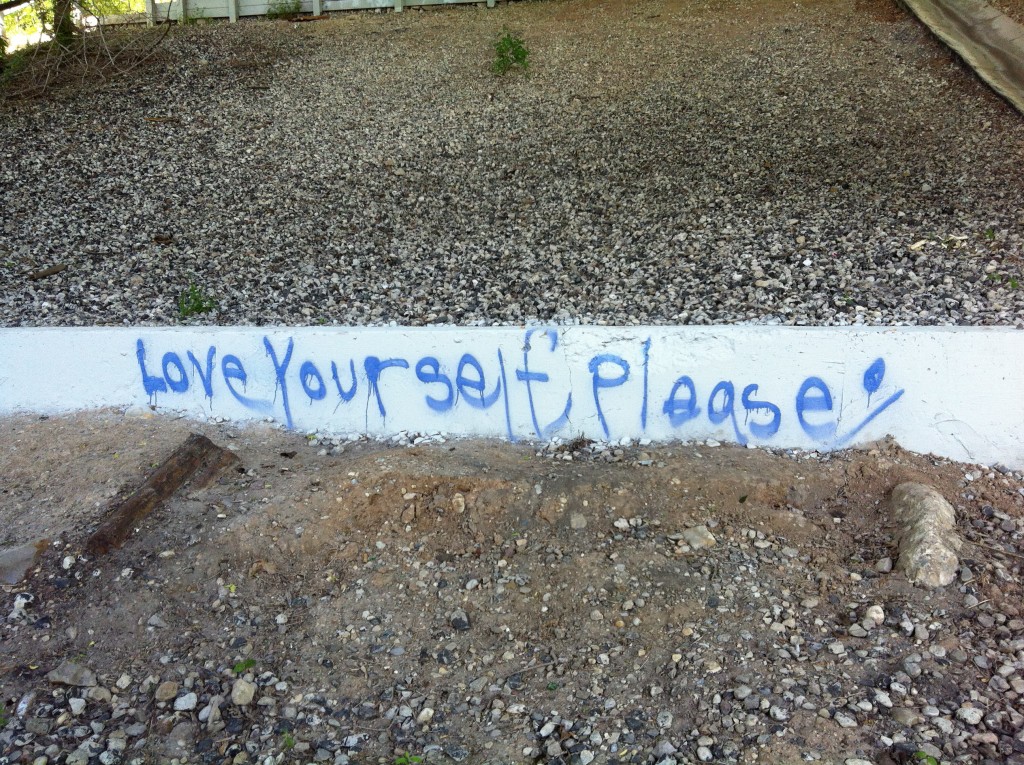
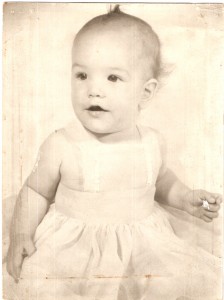
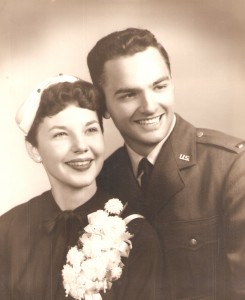 As I write this, I realize right this second that I have never experienced this feeling, of knowing my birthplace. John, my husband, lives where he was born. My brothers live where they were born; so does my father; my mother used to visit Pittsburgh, her birthplace, all the time. Is this the way it is for most people? How many of us are there, who have never returned to the places of our birth? Does it happen to most people, that we never go back? Or do most of us stay close?
As I write this, I realize right this second that I have never experienced this feeling, of knowing my birthplace. John, my husband, lives where he was born. My brothers live where they were born; so does my father; my mother used to visit Pittsburgh, her birthplace, all the time. Is this the way it is for most people? How many of us are there, who have never returned to the places of our birth? Does it happen to most people, that we never go back? Or do most of us stay close?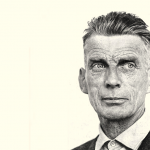
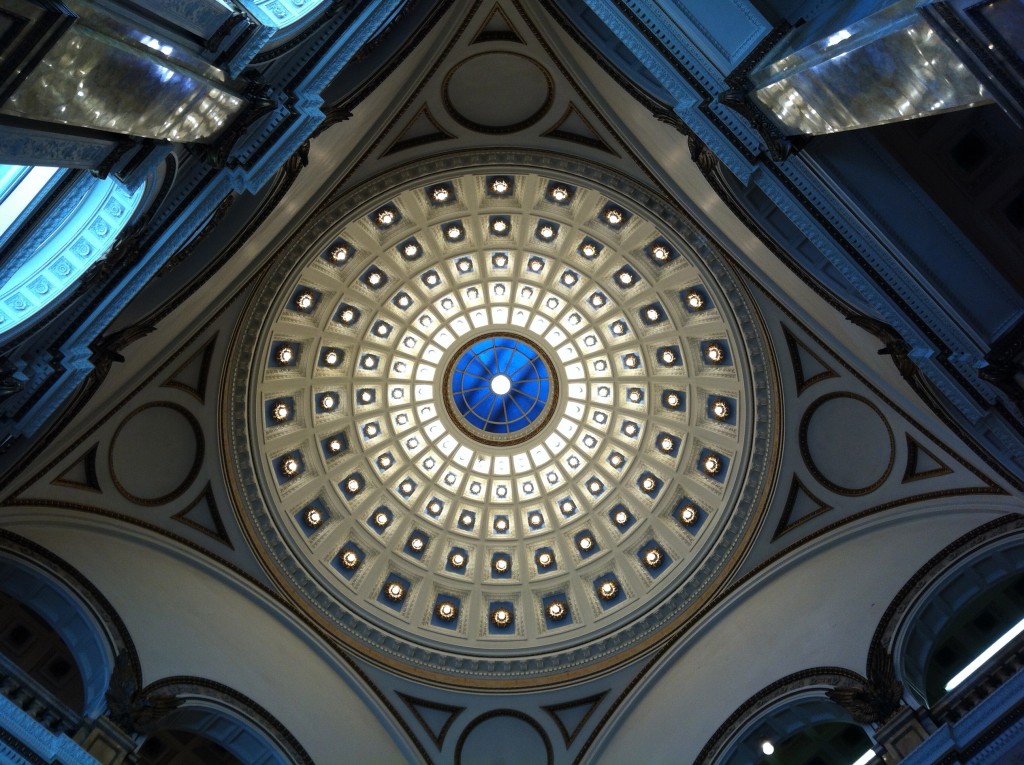
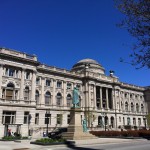
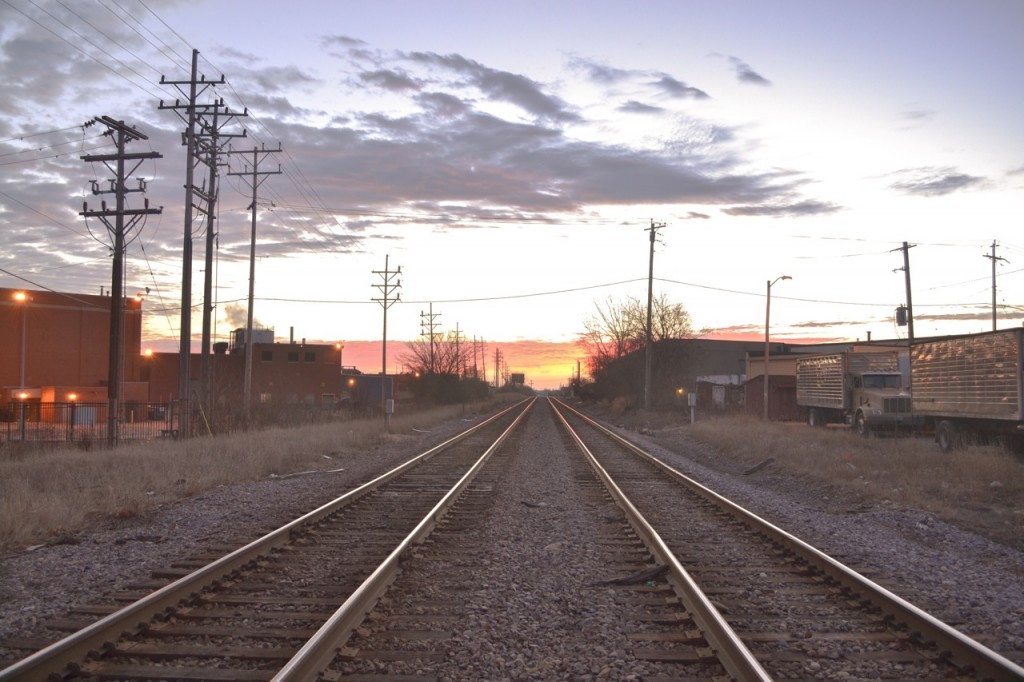 Happy to let you know that award-winning daily magazine
Happy to let you know that award-winning daily magazine 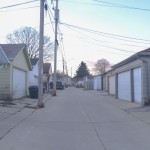
Recent Comments